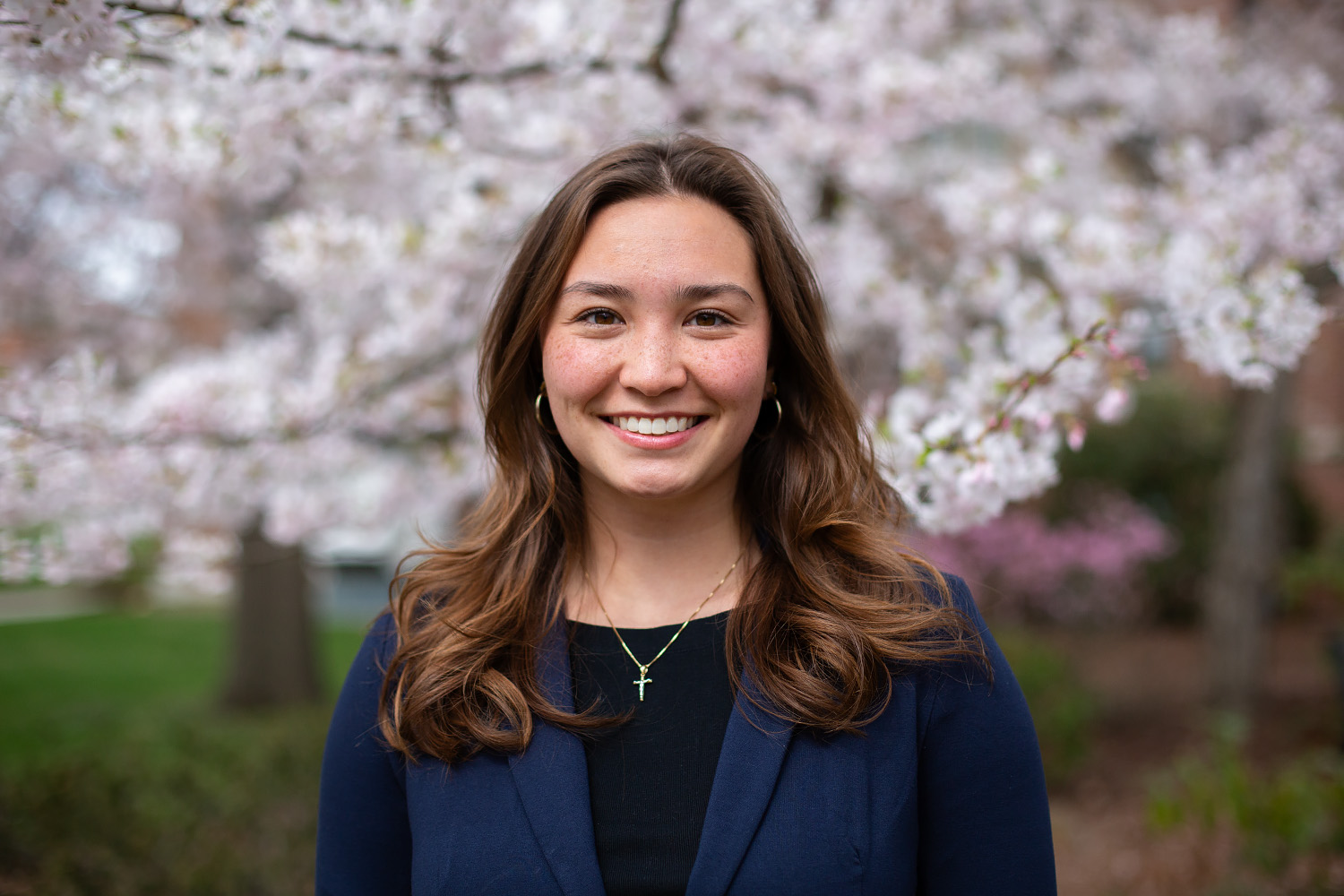
Letitia Wright in ‘The Silent Twins’: Film Review | Cannes 2022
Adapted by screenwriter Andrea Seigel (Laggies) from journalist Marjorie Wallace’s non-fiction book of the same name, drama The Silent Twins explores the rich imaginative world but often unhappy real lives of outsider artists June (Letitia Wright) and Jennifer (Tamara Lawrance) Gibbons.
The identical twin sisters, born in 1963 to a pair of Windrush-generation immigrants from Barbados and raised in Wales, chose to not speak to anyone other than each other for many years. Nevertheless, they wrote pages upon pages of highly eccentric but oddly compelling poetry and prose, which director Agnieszka Smoczynska (The Lure) and her team have adapted into lyrics for fey, tinkly little songs and stop-motion animations with creepy dolls that punctuate the film throughout.
Related Stories
The Silent Twins
The Bottom LineAmbitious, but won't speak to everyone.
Venue: Cannes Film Festival (Un Certain Regard)
Cast: Letitia Wright, Tamara Lawrance, Leah Mondesir-Simmonds, Eva-Arianna Baxter, Nadine Marshall, Treva Etienne, Michael Smiley, Jodhi May, Jack Bandeira, Kinga Preis, Amarah-Jae St. Aubyn, Tony Richardson
Director: Agnieszka Smoczyńska
Screenwriter: Andrea Seigel, adapted from the book ‘The Silent Twins’ by Marjorie Wallace
1 hour 53 minutes
But however intrinsically fascinating the Gibbons sisters’ story might be, Smoczynska and Seigel’s interpretation of the material feels off somehow — a little too pleased with its own quirk, and too preoccupied with surface texture and color to help viewers truly understand its troubled protagonists.
Maybe this isn’t a fair comparison, but The Silent Twins feels very similar to, and yet not as good as, the recent British limited series Landscapers. A collaboration between screenwriter Ed Sinclair and director Will Sharpe, starring David Thewlis and Olivia Colman as convicted murderers Christopher and Susan Edwards, it’s also a story about unchecked mental illness leading to tragic misfortune, streaked with black humor. Like The Silent Twins, Landscapers revolves around an unlikely pair of feckless criminals (although the Edwards’ crime was far, far more grave), whose co-dependent fantasies add a playful, self-reflexive quality to the drama.
The Silent Twins feels like a more voyeuristic exercise, less interested in what made “the twinnies,” as their family called them, tick and more transfixed by their oddity. Even as young girls (played in the early stages of the film by Leah Mondesir-Simmonds as June and Eva-Arianna Baxter as Jennifer), the sisters mirror each other’s movements and police their mutual silence with flickering glances out of the corners of their eyes. Sometimes they attack each other, for no apparent reason, with a ferocity only siblings are capable of.
But behind the bedroom door, their shared imaginative world is a peculiar blend of fairy tale, pop music, and tawdry romantic clichés. That latter component will lead them into trouble once they become teens (the roles taken over by Wright and Lawrance), and they both become besotted with an American teenage jock jerk named Wayne Kennedy (Jack Bandeira), who has moved into the neighborhood and introduces them to huffing and sex.
From there, it’s just a short, vertiginous step toward setting fire to a tractor store and stealing items worth barely more than £100. But that’s enough to get the sisters sent to notorious mental facility Broadmoor for an indefinite spell based on the court’s belief that they posed too great a danger to society and themselves.
Once inside and drugged up to the eyeballs, the sisters get worse, not better, and turn even more violent and self-destructive. Paradoxically, it’s in this last third that the film starts to feel less about the sisters and more about Marjorie Wallace’s (Jodhi May) efforts to help them by writing up their story in the Sunday Times, turning the film into yet another prison-based white-savior story.
The movie appears only glancingly interested in how racism might intersect with the twins’ journey. It’s been suggested that the fact that they were badly bullied at school in Wales, the only children of color in the area, played a major factor in their withdrawal into public silence, but the film only brushes its fingers over this factor. Similarly, very little is said about the institutional racism of the judicial system that punished the sisters for petty crimes with wildly disproportionate sentencing.
Then again The Silent Twins sets itself a very tricky task of being both about the women’s inner lives and outer lives at the same time, but doesn’t quite know how to square the circle. Visually it’s very striking, and especially loves playing up the disconnect between their saturated-palette fantasies and the grey reality of the world they lived in, a suburban Wales upholstered in shades of sludge, and the even more grisly shabbiness of Broadmoor (clearly a location in Poland). Props are due to Katarzyna Lewińska’s costumes, all vintage fabrics and fuzzy mohair knitwear, that bridge with precise tailoring and a pastel palette the two worlds in which the sisters live.
Finding actors who are not actual identical twins in real life to play the sisters was always going to be a challenge. Instead of using visual effects and one actor only — like Legend, which starred Tom Hardy as both Kray twins — the filmmakers here have wisely chosen to go the much easier, more budget-friendly option of casting two women who sort of look alike and just go for it, using costume and make-up to match them up, as would be done in the theatre. It helpfully underscores how different the twins were in terms of personality, despite the fact that the girls themselves were always trying to suppress that difference. Wright’s June emerges as the more circumspect, introverted twin, and the actor, also one of the film’s producers, brings a graceful stillness to the role. But it’s Lawrance who shines even brighter as outgoing Jennifer, brittle, brilliant and mercurial.











































































